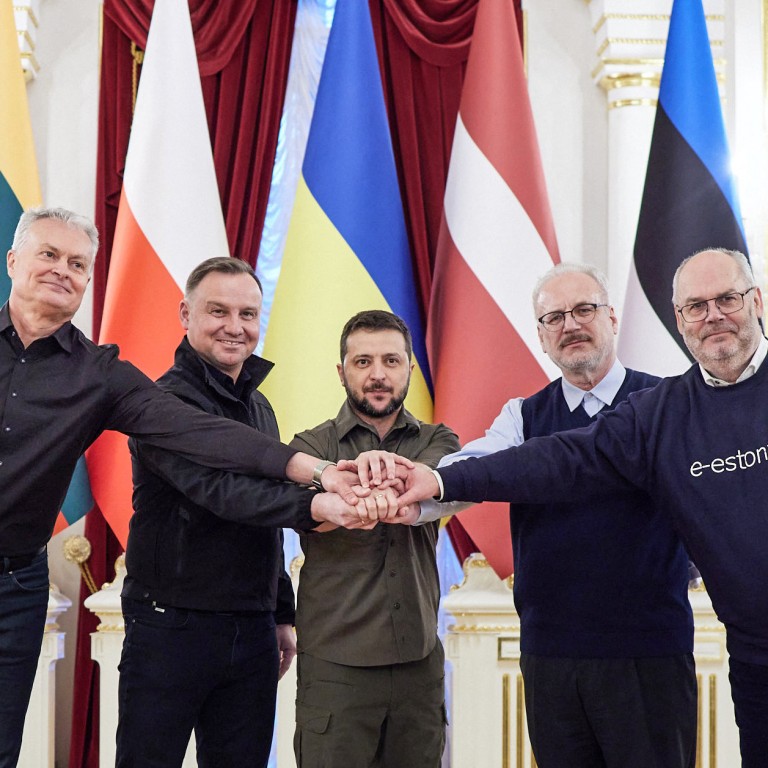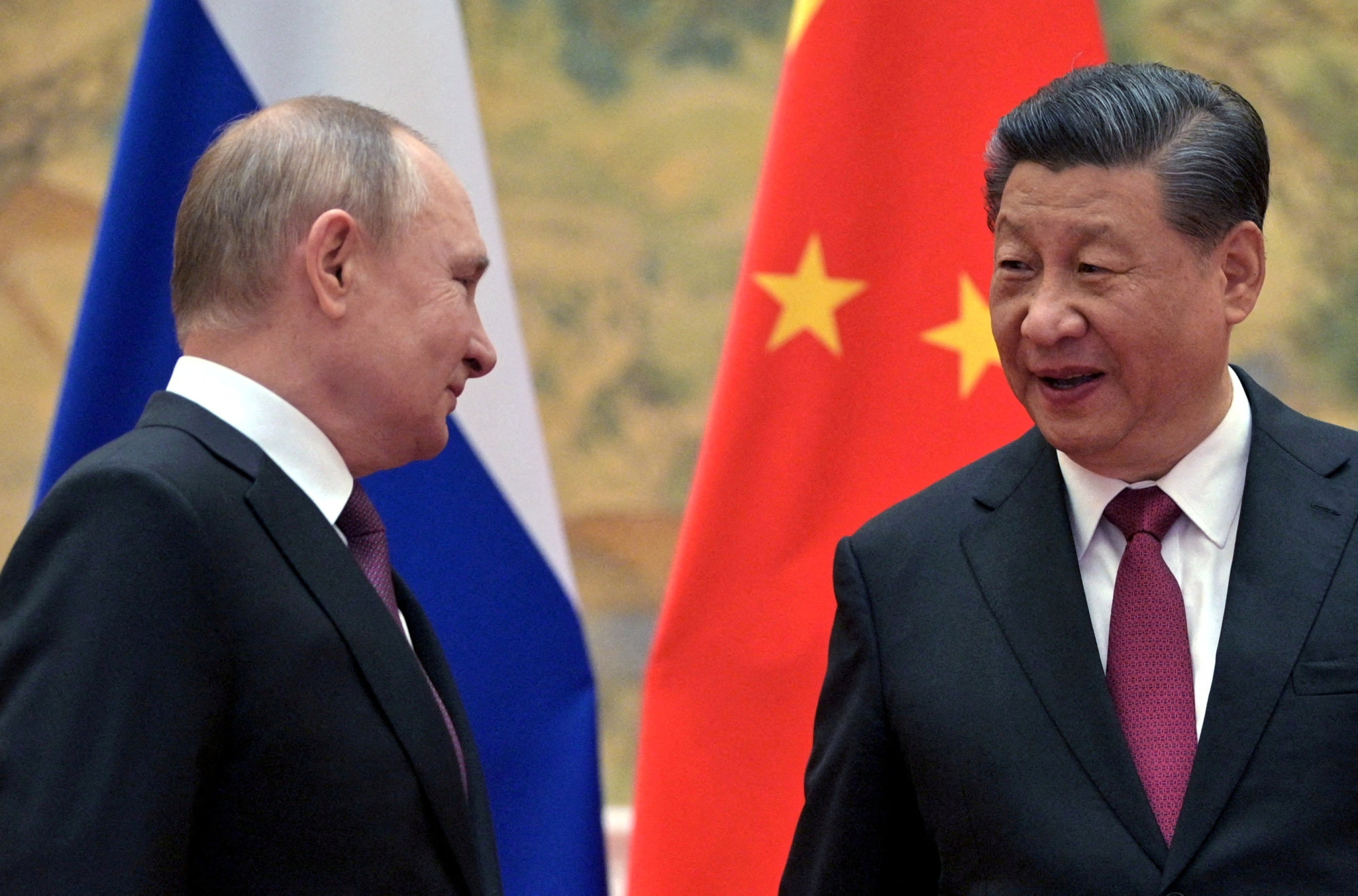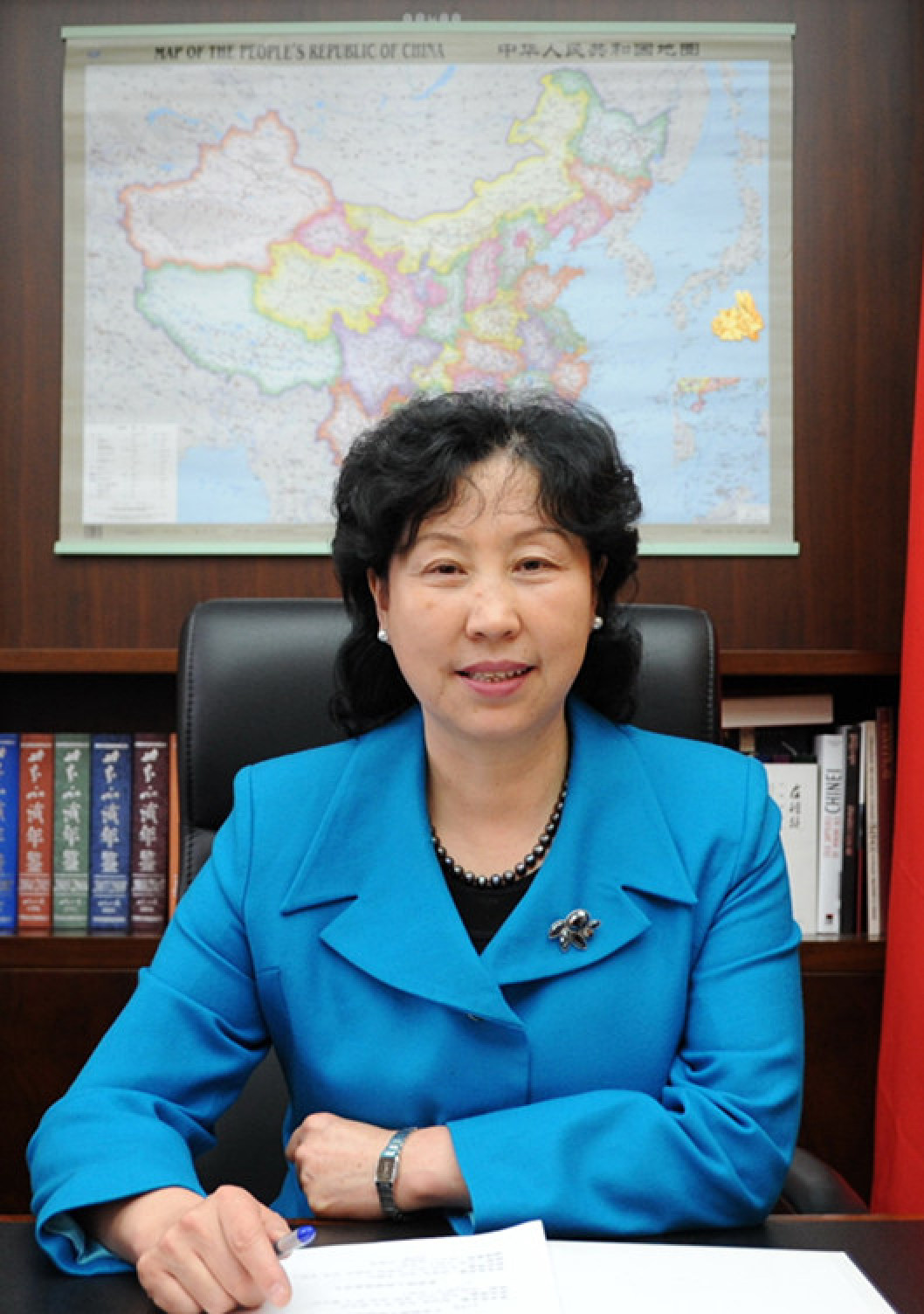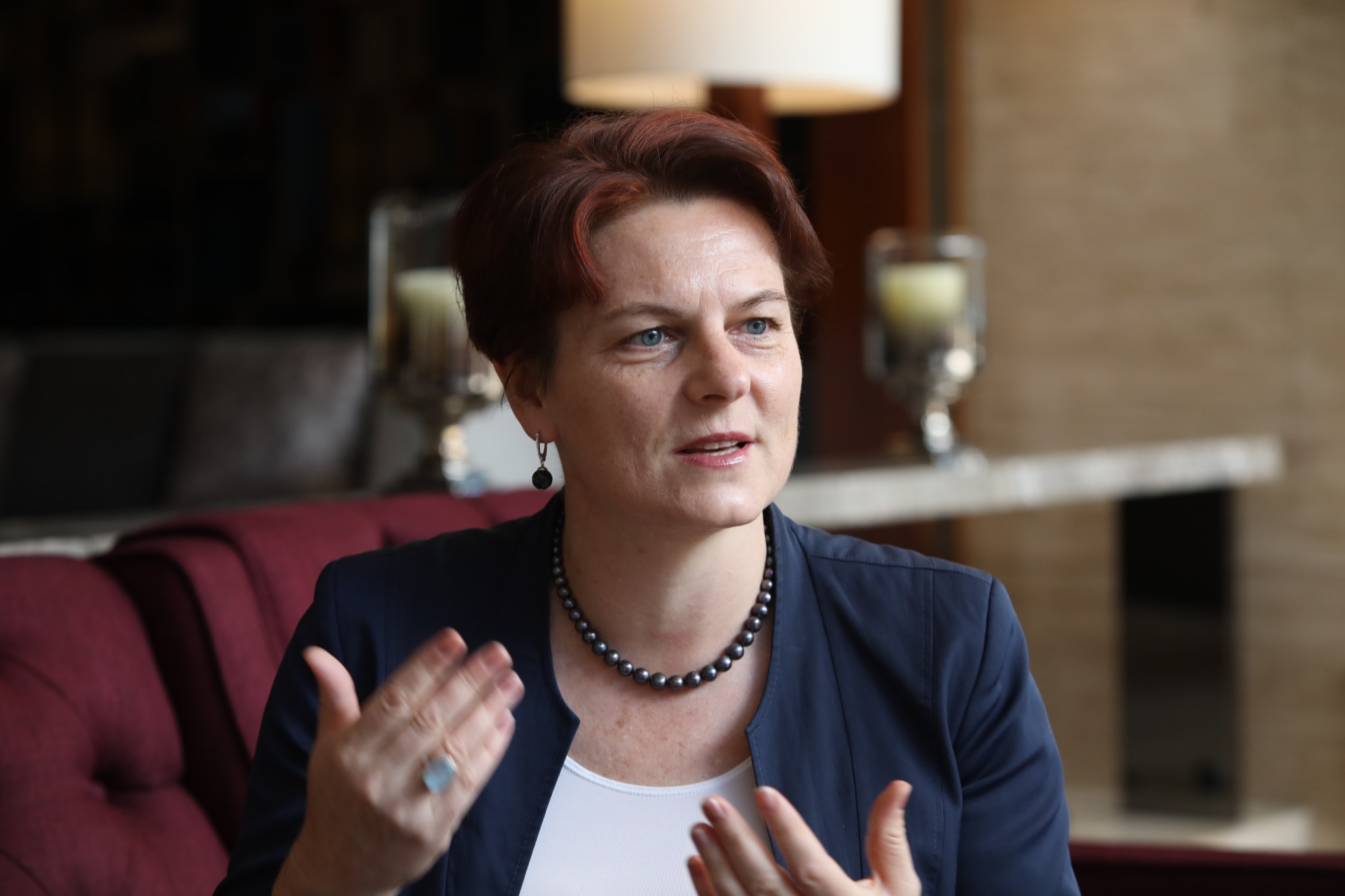
Estonia and Latvia leave China’s 16+1 trade group for central and eastern European nations
- Foreign ministries of both pledge to seek relations ‘based on mutual benefit, respect for international law, human rights and the international rules-based order’
- Departures follow Lithuania’s exit last year, and reduce membership of the 10-year-old group to China and 14 central and eastern European countries
Call it 14+1.
Estonia and Latvia announced on Thursday that they have exited China’s 16+1 trade grouping of central and eastern European countries, following Lithuania’s departure last year.
Near-identical statements appearing on both nations’ foreign ministry websites said that they would “continue to strive for constructive and pragmatic relations with China both bilaterally, as well as through EU-China cooperation based on mutual benefit, respect for international law, human rights and the international rules-based order”.
Even so, “Latvia has decided to cease its participation in the cooperation framework of central and eastern European countries and China”, according to the statement on the Latvian ministry website.

The Estonian ministry noted that while it had participated in the group since it was founded in 2012, “Estonia has not attended any of the meetings of the format after the summit last February”.
The Chinese mission to the European Union did not immediately respond to a request for comment.
The forum was established by Beijing a decade ago as 16+1 – then 17+1 when Greece joined in 2019 – as a vehicle for increasing trade and investment.
However, it has lost momentum recently. Lithuania left the group last year, citing underwhelming economic results, and it has been anticipated for some time that its Baltic neighbours would follow.
Suspicion of China has grown across the region after Chinese President Xi Jinping declared a “no limits” friendship with Russian leader Vladimir Putin in February.
China says ‘isolated incidents’ won’t stop European cooperation
The ensuing war that Putin launched against Ukraine and the more recent military tension in the Taiwan Strait following US House Speaker Nancy Pelosi’s visit to the island has prompted more countries – like Latvia and Estonia – to “establish themselves into particular camps, just like in the Cold War”, said Sarah Kreps, a professor of government and law at Cornell University.
“The two countries are trying to signal very clearly that they’re in the pro-democracy camp, and they don’t want to be aligned with countries that are seen as acting in opposition to democracy,” she said.
“They want to think about ways in which they can express that loyalty … so that down the road, if they’re vulnerable, that [the US and its Western allies] will remember that and make sure to reward them with a strong defence,” Kreps added.
In an effort to improve ties that had deteriorated following Russia’s invasion of Ukraine and China’s perceived backing of Moscow’s territorial claims, Beijing sent its regional envoy, Huo Yuzhen, on a tour of the capitals during the spring.

Last month, in a reflection of the waning appetite for engagement with China across Central and Eastern Europe, Beijing hosted a dialogue with 11 countries from the region.
Hungary offered to host a “commemorative ministerial” in Budapest this year to mark the tenth anniversary, according to a diplomatic source familiar with the event.
China’s alleged coercion of Lithuania over its hosting of a controversially-named Taiwanese office has been another area of consternation regionally.
Last year, Vilnius allowed Taiwan to open a “Taiwanese Representative Office” for diplomatic and trade purposes. Other nations have used “Taipei” instead to avoid characterising the self-ruled island as a sovereign nation – and risk upsetting Beijing.
China responded by allegedly enacting a trade embargo against Lithuania. As a result, the European Union has initiated a World Trade Organization (WTO) case against China.
Taiwan joins WTO case over Beijing’s alleged trade curbs on Lithuania
Next month, Vilnius is to establish its first trade office in Taipei. Lithuanian officials have remained tight-lipped on what it will be called, amid speculation that it could be another flashpoint in EU-China relations.
Lithuanian foreign minister Gabrielius Landsbergis was the highest-profile European Union official to defend Pelosi’s visit to Taipei last week, saying she “has opened the door to Taiwan much wider, I am sure other defenders of freedom and democracy will be walking through very soon”.
Lithuania’s ambassador to China, Diana Mickeviciene, who was expelled from China last year during the row over Taiwan, reiterated support for Pelosi’s visit.
“It has happened before on that same level, we all agree that the Speaker of the US Congress has visited Taiwan before but it’s about principles, she said. “So in that sense, I can agree with China that what has happened is about principles.
“We see principles of separating powers and the democratic countries as important principles and in fact, existentially important principles.”

Andrew Mertha, director of China studies at the Johns Hopkins School of Advanced International Studies, said that Latvia and Estonia’s moves show a willingness to keep doors open to Beijing even as they declare which side they are on geopolitically.
“While China may continue to exploit differences between eastern European countries and their more developed neighbours to the west, as well as differences between the 16+1 countries, this is the flip side: Latvia and Estonia are seeking to bolster their security by voting with their feet,” he said.
However, by claiming to seek “constructive and pragmatic relations” with Beijng, Mertha added, “they are signalling that they also understand that there are nuanced differences between Beijing and Moscow regarding their respective ‘spheres of influence’ that these Baltic countries can leverage, if not exploit outright.
“We should not be surprised, but Beijing shouldn’t necessarily be overly alarmed, either,” he said.


